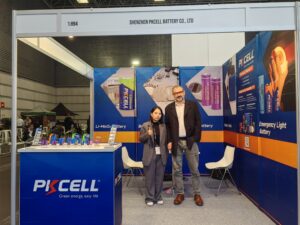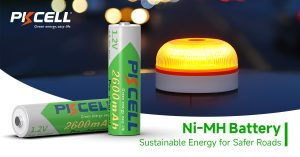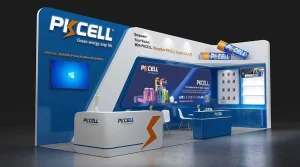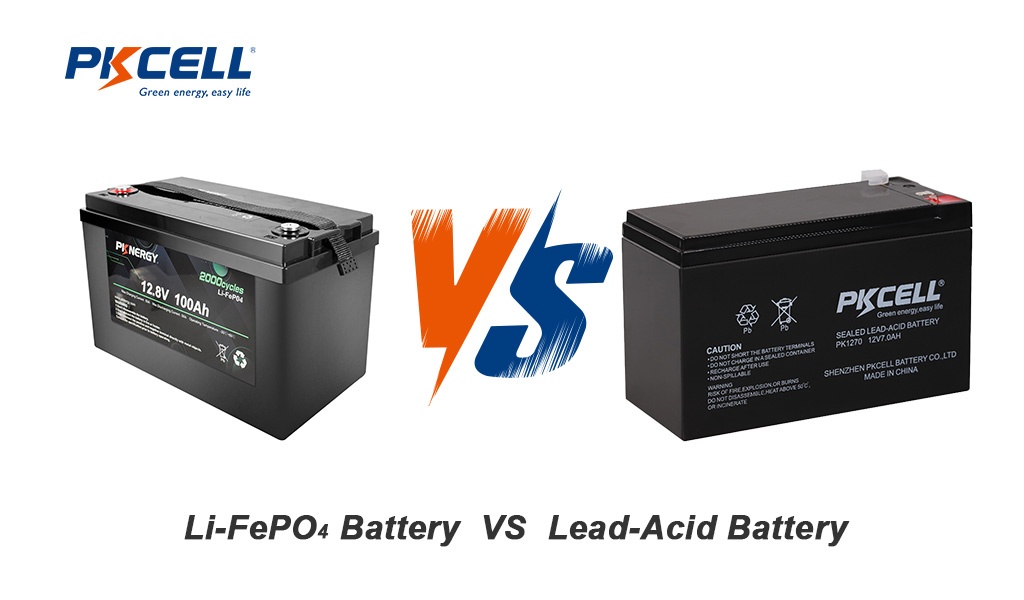
Introducation
When you want some portable power, you have to pick the right battery. These are the two main kinds you can get: lead acid batteries and lithium-iron phosphate batteries, which people also call iron phosphate or LiFePO4. Both types have their pros and cons. In this post, you will get to see the main differences between acid batteries and iron phosphate batteries.
The Basics of Lead-Acid Batteries
Lead-acid batteries, like AGM gel types, have been around since the 1800s. A lot of people pick them because the cost is low. You can also find acid batteries easily in many places. These batteries use lead plates and sulfuric acid. The acid is the main liquid in the battery, and people call it the electrolyte. A chemical reaction happens inside, and this is what gives you the energy you need.
Applications:
Lead-acid batteries are found in many different places. Many solar power systems use them. This can help if you need extra power when there is no sunlight. A lot of big businesses use acid batteries as well. Companies in telecom and utilities use them as backup power if the lights go out. You will see acid batteries in electric cars and in some tools that people use for work.
Key Advantages of Lead-Acid Batteries:
- Affordability: Lead-acid batteries are less expensive than lithium-iron phosphate batteries. This can help people or businesses who want to save money.
- Reliability: Lead-acid batteries have been used for over one hundred years. They are seen as a good and steady way to give power in many places.
- Improved Cycle Life: New deep-cycle lead-acid batteries can last much longer than old starter types. This makes them a good fit for energy storage, like in solar systems.
Disadvantages of Lead-Acid Batteries:
- Low Energy Density: Acid batteries do not have a lot of energy inside. This means they are not good for things like portable electronics or electric vehicles.
- Limited Cycle Life: If you keep charging and discharging these batteries many times, they will not last for a long time. Over the years, you have to charge and use them again and again for things like energy storage or electric vehicles.
- Environmental Concerns: Acid batteries have lead in them. If you do not throw away these batteries the right way, they can hurt the environment.
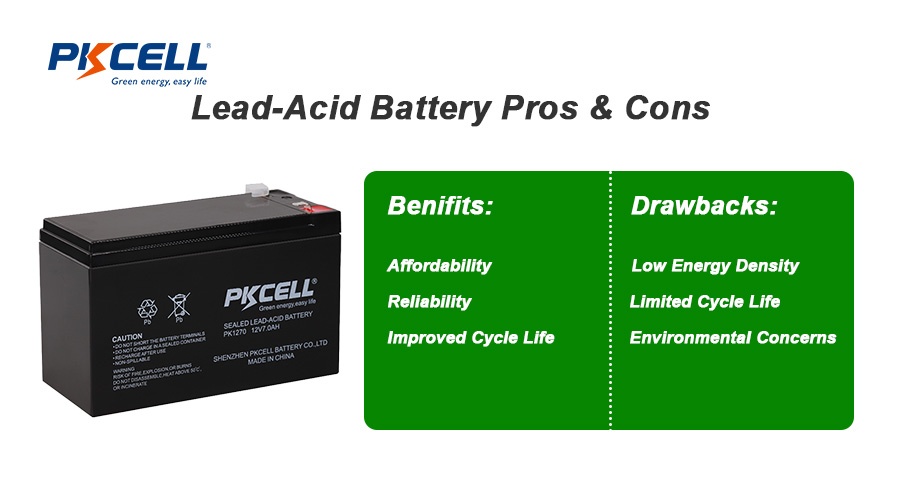
Exploring Lithium Iron Phosphate (LiFePO4) Batteries
LiFePO4 lithium batteries are better than acid batteries in several ways. They hold more energy in the same space. So, you do not need extra room for the battery in your devices. A lot of people pick these lithium batteries because they last many years. If you want a battery that works for a long time and does not need much care, this is a good choice. These lithium batteries give you high power and are also easy to use. It is a smart choice for anyone who wants less trouble and more power.
Applications:
You can see this battery in electric cars or with solar power setups. LiFePO4 batteries can charge fast if you use a good charger. They also keep their voltage steady while you use them. This is why you often find them in solar power systems and electric vehicles.
Technological Innovations:
- Better Safety: LiFePO4 batteries use lithium iron phosphate. This iron phosphate makes the battery very safe and steady. The battery lowers the risk of problems like thermal runaway.
- More Energy: LiFePO4 batteries hold more energy than acid batteries. You get higher energy storage, and the battery takes up less space. It is also lighter at the same time.
- Longer Lifespan: These batteries last for many years. A LiFePO4 battery can take thousands of charge and discharge cycles. It keeps its good capacity, and you do not have to do much to care for it.
Benefits:
- Higher Energy Density: LiFePO4 batteries have more energy stored in them than acid batteries. They give you a lot of power in a small and light form.
- Longer Lifespan: These batteries can work for a long time, even after thousands of uses or charging cycles. You do not have to change them as often as acid batteries.
- Faster Charging: LiFePO4 batteries do not make as much resistance. This helps them use higher charging power and charge faster.
Potential Drawbacks:
- Higher Upfront Cost: LiFePO4 batteries have a higher cost at the start than acid batteries. This can be hard for people who do not have a lot of money. If you want to get good batteries but need to save money, acid batteries may look like a better idea to you.
- Safety Considerations: LiFePO4 batteries are safer than some other lithium batteries. But you do need to use the right systems to manage them. Having these systems helps the batteries last longer and work well for you.
- Discharge Rate Limits: If you take out more power from LiFePO4 batteries than the rated discharge rate, the batteries might not work well. This can hurt safety and shorten the battery’s lifespan for you.
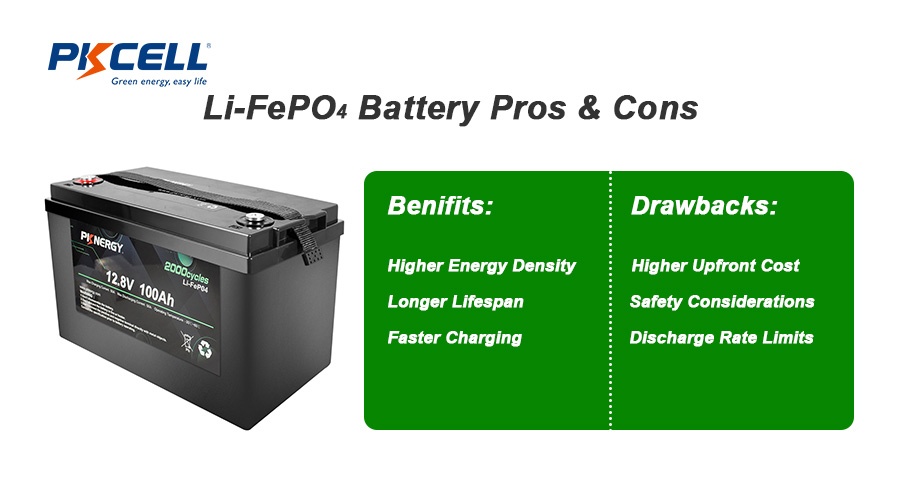
What are the differences in performance between lithium-iron phosphate batteries and lead-acid batteries?
Lithium iron phosphate batteries work better than acid batteries. A lithium or iron phosphate battery gives you steady and good power every time you use it. Acid batteries may lose power and might not work as well. A lot of people now want lithium iron phosphate batteries. They know these batteries are safer than acid batteries.
LiFePO4 batteries work better than acid batteries. They hold more energy, so you can get more use out of them. These batteries are also lighter and smaller when you take a look at acid batteries. This makes them last longer and makes them a good pick for what you need. A lot of people use them for electric vehicles and small gadgets. That is why LiFePO4 batteries are a top choice over acid batteries for many.
LiFePO4 batteries last much longer than acid batteries. You can charge and use them many times. You will not see a drop in power for a long time. This means you will not need to swap them out as often. When you choose these batteries, you save money over the years.
LiFePO4 batteries can charge very fast. This is because they have low inside resistance. You do not need to wait long when you charge them. So, you get more time to use the batteries.
Choosing the Right Battery
Choosing between LiFePO4 batteries and acid batteries comes down to what you want and how much money you can spend. Acid batteries have a shorter lifespan, and you have to get new ones more often. LiFePO4 batteries last longer and have more power packed in the same size. They charge faster, too. Even though they cost more at first, LiFePO4 batteries can save you money as time goes by. Acid batteries usually cost less at first, but don’t last as long as LiFePO4 batteries.
If you want a battery that is light, small, and lasts for a long time, you should get a LiFePO4 battery. It works well and has a good lifespan.
If you want to save money, and you do not need the best, acid batteries can be a good pick. Acid batteries might not last as long, but they still work for many people. These acid batteries can give you what you need if you are okay with a shorter lifespan and a lower price.
Conclusion
Choosing the best battery for you is not just one thing. You have to think about the energy it can store, how well it will work, how long it will last, and what you want to use it for. LiFePO4 batteries are much better than acid batteries. They give better performance and can last longer. You should also think about safety and how much the battery will cost you over time. When you think about all these things, you can find a battery that fits your money, keeps you safe, and does what you want it to do.
Frequently Asked Questions
Are LiFePO4 batteries better than lead-acid?
Lithium-iron phosphate batteries are a good choice for many people. With these lithium batteries, you get more power. They come with higher energy density. The batteries have a longer cycle life than many other batteries do. They are not heavy to carry. These iron phosphate batteries are also safer to use. But, if you want to spend less money, acid batteries may be better for you.
What safety considerations should be considered when using lithium iron phosphate batteries or lead-acid batteries?
Both LiFePO4 and acid batteries need you to follow safety rules. Do not charge LiFePO4 batteries too much. This helps stop them from getting too hot. If you use acid batteries, you should be careful with sulfuric acid. You need to make sure there is good air in the area. This can stop gases from building up and causing trouble.
How do the costs compare between lithium iron phosphate batteries and lead-acid batteries?
Lithium iron phosphate batteries and other lithium batteries do cost more at the start than acid batteries. But they can last for more years and work better with less care. So, you can save money over time with these batteries. Even if you feel the first price for a lithium iron phosphate battery is high, the money you save in the long run can be a lot. Picking lithium or iron phosphate batteries can be a good way to get strong power and lifespan. That is why so many people feel that lithium-ion batteries are a smart choice over acid batteries.
Which type of battery is more environmentally friendly: lithium iron phosphate or lead-acid?
Lithium iron phosphate batteries are seen as a better choice for the Earth when compared to acid batteries. These batteries last longer, and the good thing is, you can recycle them. They do not have as many bad things inside as acid batteries. Acid batteries, like lead-acid, can let harmful stuff go into the earth. This is why lithium iron phosphate is a good pick if you want a green way to use energy. They give a longer lifespan and cause fewer problems for the earth with how they work.

 USB Rechargeable Lithium Battery
USB Rechargeable Lithium Battery
